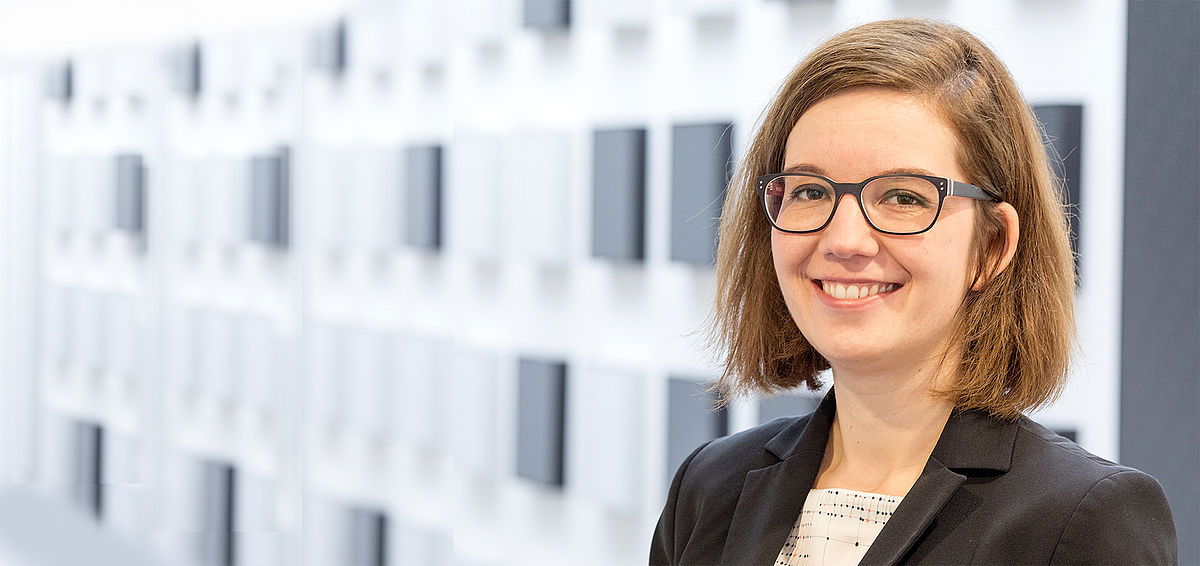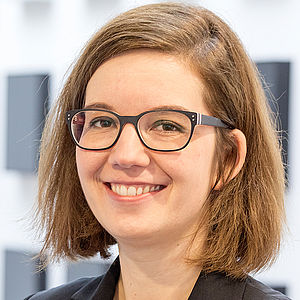Exploring How Digitalisation Is Changing Public Discourse
Professor Hannah Schmid-Petri is new member of the board of directors of the Bavarian Research Institute for Digital Transformation. In this interview, she talks about digitalisation in public discourse and what challenges it brings with it.
Interview: Bavarian Research Institute for Digital Transformation (Text in German)
Your research focuses on science communication and political communication. What do you consider to be the biggest challenges posed by digitalisation in this area?
Hannah Schmid-Petri: For public discourse, one of the biggest challenges is that there are now many different actors who (can) participate in public debates, and that the traditional mass media have lost their monopolised position with regard to the preparation and provision of information.
This also applies to universities and scientific institutes, since in the digital media anyone can call themselves an expert and have this potentially reach a large audience.
As a result, content in public discourse becomes more heterogeneous and, due to the amount of information available and algorithmically curated information-related environments, potentially more personalised. This development has great advantages, for example because public debates are becoming more egalitarian, but it also poses risks. In addition, we all have to find a way to deal with the flood of information and, above all, to assess the relevance and quality of the information on offer.
Online media is a playground for sceptics and other political outsiders
Professor Hannah Schmid-Petri, University of Passau
Professor Hannah Schmid-Petri
How are digitalisation issues publicly discussed and what consequences does that have for political processes?
How are digitalisation issues publicly discussed and what consequences does that have for political processes?
Professor Hannah Schmid-Petri is the holder of the Chair of Science Communication at the University of Passau and leads the Fraunhofer 'Science Communication' research group, which is based at the Fraunhofer Cluster of Excellence 'Integrated Energy Systems' CINES. She is also one of the principal investigators of the DFG Research Training Group 2720. She analyses public discussions on political issues such as digitalisation and climate change.
What do you mean by risks?
Schmid-Petri: In some cases, actors, who would otherwise have few opportunities to reach a wider audience, are now having their say via digital media. In my research, for example, I deal with communication about climate change. For sceptics and other political outsiders, online media are a playground in which they can let off steam and network unhindered, even internationally. These opportunities did not exist before.
This entails the risk that they generate attention for their positions and goals. From a research point of view, but of course also for society, it is very exciting and also relevant to understand which groups gain influence under which circumstances and ultimately prevail in the debate. But this of course also applies to the “good ones”. The Fridays for Future movement, for example, has benefited greatly from social media.
Much of the data generated by the use of digital media is not accessible to research
Professor Hannah Schmid-Petri, University of Passau
A characteristic of digitalisation is the speed with which it is progressing. What does this mean for research?
Schmid-Petri: For research, digital media first of all open up a wide range of new opportunities to investigate what was previously difficult to observe – for example, conversations at the regulars' table. This form of exchange is now more easily accessible online. This is advantageous for research, although of course it also poses the challenge of finding ways to deal with very large amounts of data as it is produced online – in addition to all the legal and ethical aspects that have to be taken into account.
In addition, however, much of the data is not accessible for research either, because it belongs to the platforms and the platforms do not always have an interest in making their data available for research purposes.
Do you have any plans for your participation in bidt?
Schmid-Petri: I believe that I can very well complement the existing expertise on the Board of Directors with my perspective on communication science and how digitalisation is changing public discourse. There are many points of contact with the research topics of other members of the Board of Directors, for example with Professor Hess, who is investigating the changes in the media industry. There are also already several ideas for exciting cross-divisional projects.



